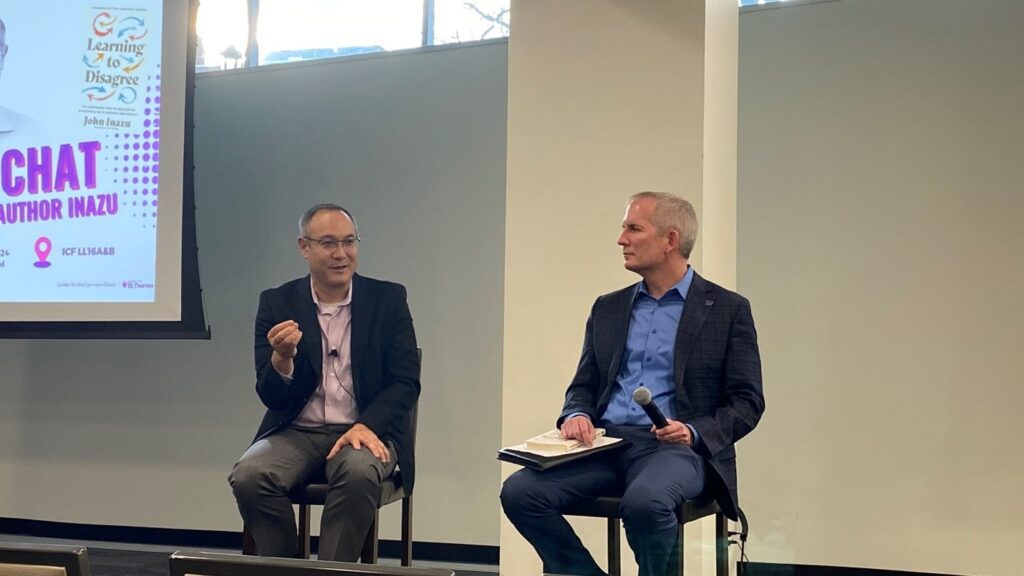My husband is an accomplished scientific researcher with a Ph.D. in molecular biology and an acute interest in a wide array of topics. He’s a lovely man, but has developed few skills when it comes to finance, marketing, organization or management. I have worked in business for more than 30 years, from management to organizational design to marketing yet, according to a recent article in the New York Times, he has a better shot at becoming CEO than I ever will. All because his name is Jon.
Well, then.
As the Times article reported, “Among chief executives of S&P 1500 firms, for each woman, there are four men named John, Robert, William or James.”
What accounts for this? It can’t be because men outnumber women. The latest census data shows that 51% of U.S. residents are women, and the numbers of living men and women at “leadership” age (40-69) are roughly equal.
It can’t be education, because, at least in a report done in 2006, women earned 62% of associate degrees, 58% of bachelor's degrees, 60% of master's degrees, and 49% of doctorates in this country.
It can’t be because a disproportionate number of women choose not to work – 57% of women in the U.S. work, and the largest percentage of employed women (41%) work in management, professional, and related occupations, according to the Department of Labor.
The simple fact is that women, either by themselves or by others, are not seen as leaders of organizations.
What are we to do? Sheryl Sandberg advises that women lean in, that is, take risks and act confident while also being your “authentic self.” A recent piece by Soraya Chemaly, a writer for the Huffington Post, advised that women should practice saying the following: "Stop interrupting me," "I just said that," and "No explanation needed."
Yet each of these worthy bits of advice places the burden on women to solve the problem, as though the leadership gap is solely a result of their actions or lack of actions. There’s a bit of sophistry in this wisdom, if only because it appears to support the fallacy that women are, somehow, doing something wrong or are otherwise inadequate.
What are we to do? I don’t have the answer, but I do think it’s not simply a matter of women changing the way they interact with others. What do you think?
Find Your Answer
We invite you to join the conversation. All of the #FindYourAnswer questions have a unifying theme: they address business issues at the forefront of today’s business community that are frequently asked, but rarely addressed. This initiative is part of the Opus College of Business’ new call to action: one that fosters diverse perspectives and divergent views while focusing on practical, forward-thinking approaches to management challenges.







